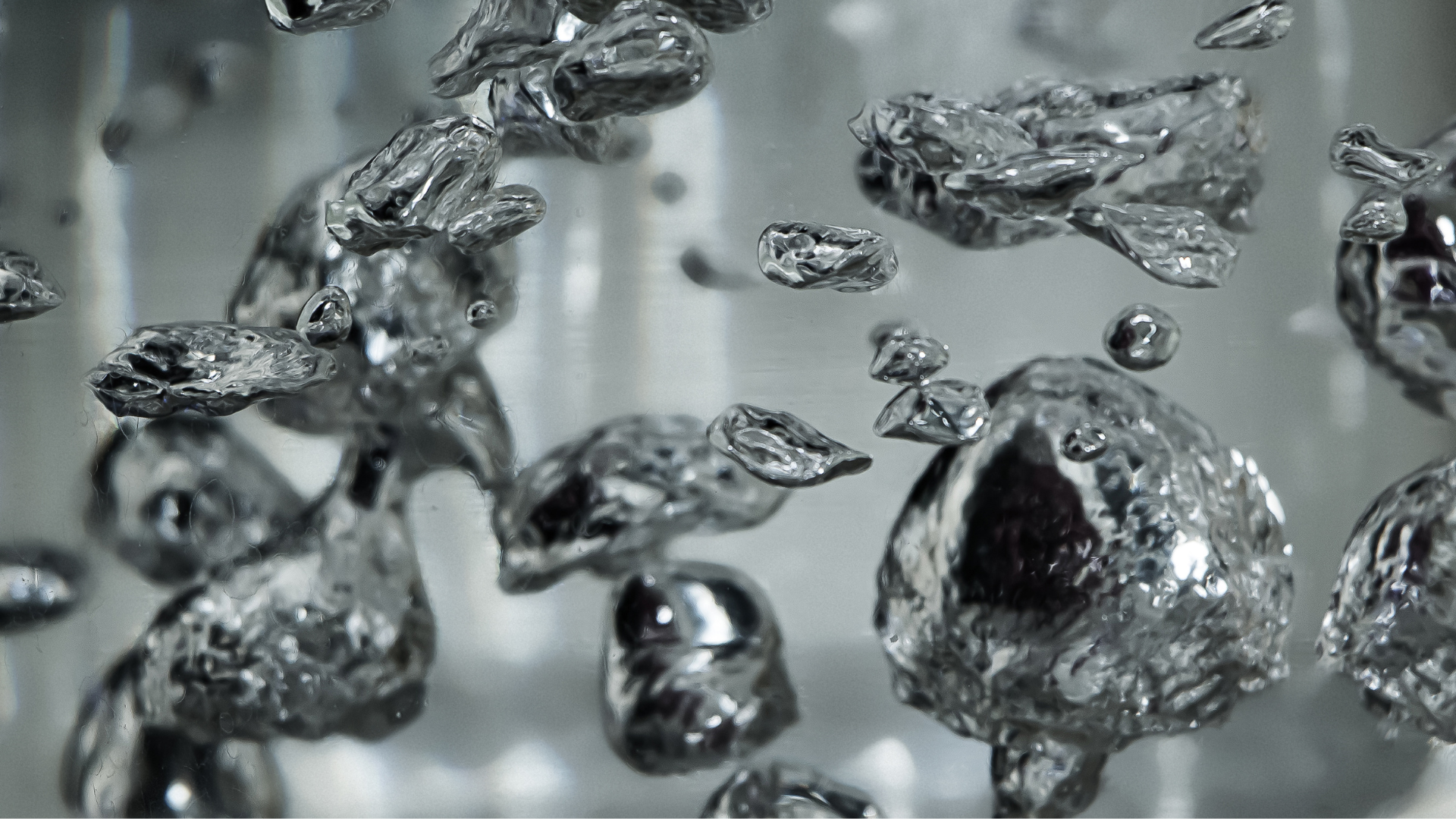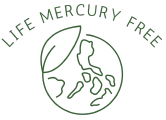Addressing the issue of mercury pollution is a critical task in our contemporary world. Despite its harmful nature, mercury persists in various everyday items, ranging from batteries and cosmetics to specific fish types. This toxic metal poses severe risks to human health and the environment, causing a spectrum of health problems, from neurological disorders to kidney damage. Particularly vulnerable populations, such as pregnant women and children, face heightened risks, and the subtle, delayed manifestation of mercury’s toxic effects makes it even more insidious. It is imperative for individuals to be cognizant of mercury exposure sources in their daily lives to safeguard themselves and their families.
Taking collective action against mercury pollution is essential, beginning with raising awareness and fostering understanding of the issue. The LIFEMERCURY-FREE project plays a crucial role in this endeavor. The project’s goal is to measure citizens’ awareness regarding the harmful nature of mercury-containing household items. By comprehending the factors influencing people’s choices related to these products and the motivations behind these choices, the project aims to formulate recommendations for the responsible elimination of mercury-containing goods from homes. This not only protects human health but also contributes to preventing environmental pollution caused by hazardous waste.
To achieve these objectives, the LIFE MERCURY-FREE project has initiated the LIFE MERCURY-FREE Survey, which is now available in six EU languages (Greek, Ukrainian, English, Italian, Polish, and Portuguese). The survey, which takes approximately 15 minutes, is voluntary and anonymous. Responses are crucial in shaping recommendations to eliminate mercury-containing items responsibly, fostering pro-ecological awareness among European citizens, and playing a vital role in safeguarding the environment and future generations.
Additionally, the LIFE MERCURY-FREE project is currently developing the Roadmap for Mercury-Free Cities which encompasses:
- Legislative and Regulatory Framework: Inclusive of the laws, regulations, and policies pertaining to waste management in specific cities/regions, such as Larisa city.
- Current Practices: Providing information about the waste collection process in a given city.
This roadmap will soon be available in both English and Greek, further contributing to the efforts against mercury pollution.
As the survey and roadmap are made available in English and Greek, the LIFE MERCURY-FREE project extends its impact, fostering pro-ecological awareness among European citizens. Ultimately, individual participation in the survey and the implementation of recommendations contribute to a cleaner, safer world for current and future generations, reinforcing the commitment to a mercury-free future.




